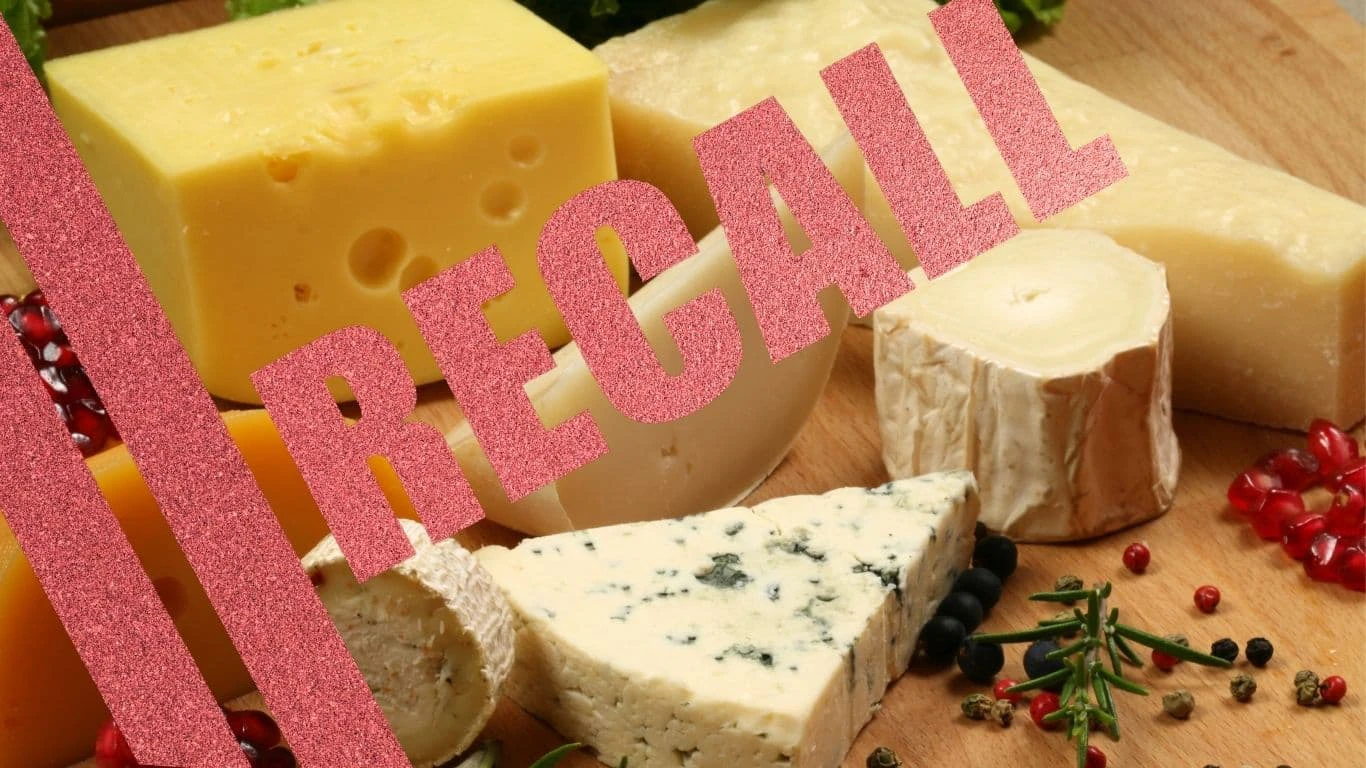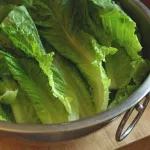Hey there! If you’ve just opened the fridge and spotted a warning label on your favorite brie, you’re not alone. A wave of cheese recalls has been rolling across the country, and it can feel overwhelming. I’m here to break it all down in plain English, give you the tools to stay safe, and maybe even share a laugh (because why not?) while we navigate this together.
Quick Answer
Is there an active cheese recall?
Yes. As of today, multiple brands—including soft cheeses from Wegmans, feta from Trader Joe’s, and several soft‑ripened varieties from Savencia—are under recall due to possible listeria contamination. The recalls span ten states and the District of Columbia, affecting everything from creamy goat cheese to camembert‑style wheels.
How can you tell if your cheese is affected?
Look for these tell‑tale signs on the packaging:
- Recall notice or “Do not consume” sticker.
- Batch or lot numbers matching those listed in the recall notice.
- Expiration or “best‑by” dates that fall within the recall window.
If you’re unsure, keep the cheese chilled, isolate it from other foods, and move on to the verification steps below.
Recall Summary
| Brand | Product | States | Recall Date |
|---|---|---|---|
| Wegmans | Soft cheese (various) | 9 states + DC | Aug 2025 |
| Trader Joe’s | Feta & Goat cheese | 8 states | July 2025 |
| Savencia | Brie, Camembert, other soft ripened | 5 states | Nov 2024 (expanded 2025) |
Why Listeria Matters
What is Listeria monocytogenes?
Listeria monocytogenes is a sneaky bacterium that loves cool, moist environments—exactly where soft cheeses live. According to the CDC, it causes roughly 1,600 cases of serious illness in the U.S. each year, with higher risk for pregnant women, newborns, older adults, and anyone with a weakened immune system.
Symptoms and timeline of listeriosis
After you ingest contaminated cheese, symptoms can appear anywhere from a few days to three weeks later. Typical signs include high fever, severe headache, stiff neck, nausea, and diarrhea. In immunocompromised individuals, the infection can spread to the bloodstream or central nervous system, leading to meningitis or even miscarriage.
Expert Insight
“Listeria thrives at refrigerator temperatures, so even properly stored cheese can become a risk if the product was contaminated at the source,” notes Dr. Maya Patel, a food‑safety microbiologist at the FDA. This underscores why recalls are issued promptly—better safe than sorry.
How to Verify
Step‑by‑step checklist
- Locate the label: Find the lot number, UPC, and expiration date.
- Cross‑reference: Visit the brand’s official recall page (often a single URL) and compare your numbers.
- Search FDA’s database: Use the “Food Recall” search tool to confirm the product’s status.
- Document: Take a photo of the packaging for reference when you contact the retailer.
Visual Guide (placeholder)
Imagine a simple screenshot showing a cheese label with highlighted fields—lot number, best‑by date, and recall notice. That visual cue can save you minutes of scrolling.
What To Do
Safe handling
Do NOT eat the cheese. Keep it refrigerated, place it on a separate shelf, and wash your hands thoroughly after touching it. If you have children or pets, store the cheese out of reach.
Getting a refund or replacement
Most retailers will offer a full refund or a replacement product. Here’s the usual process:
- Bring the cheese (or a photo) to the store where you bought it.
- Ask for a receipt or proof of purchase.
- Request a refund; many places will also let you exchange for a non‑recalled brand.
For online purchases, contact the seller’s customer‑service team and attach the photo you took earlier. If you need a template, see the “email script” in the product recall guide.
More on food safety
If you’re curious about broader food safety practices—like how long you can keep different cheeses once opened—check out our cheat sheet later in the article.
Recent Recalls
Wegmans soft‑cheese recall
Wegmans announced a recall of several soft cheese varieties sold in nine states and DC after routine testing detected Listeria. The affected batches span March‑May 2025, with product codes ranging from “SOP‑001” to “BRI‑112”. Consumers were advised to discard the products or return them for a refund.
Trader Joe’s feta & goat cheese
Earlier this summer, Trader Joe’s recalled its feta and goat cheese lines after a supplier’s batch failed a Listeria test. The recall covered items shipped to eight states. Trader Joe’s recall details include specific lot numbers and store locations.
Savencia soft‑ripened cheeses
Savencia expanded a recall in November 2024 to include additional soft ripened cheeses like Aldi’s Emporium Brie and La Bonne Vie Camembert. The issue stemmed from a possible contamination at the Lena manufacturing facility. The recall now reaches five states.
Cricket Creek Farm (Sophelise, Tobasi, Berkshire Bloom)
These artisanal cheeses were pulled because of both Listeria detection and inadequate pasteurization records. Distributed in Massachusetts and New York, the recall emphasizes how even small‑batch producers can face serious safety challenges.
Country Corner Dairy & Skyr
In early 2024, Country Corner Dairy recalled all cheese and skyr products due to insufficient pasteurization—a reminder that not all recalls are Listeria‑related, but the risk to consumers remains high.
Comparison Table
| Recall | Brand | Product | Reason | States |
|---|---|---|---|---|
| 2025‑08 | Wegmans | Soft cheese mix | Listeria detection | 9 + DC |
| 2025‑07 | Trader Joe’s | Feta, Goat cheese | Listeria risk | 8 |
| 2024‑11 (expanded) | Savencia | Brie, Camembert | Potential Listeria | 5 |
| 2023‑06 | Cricket Creek Farm | Sophelise, Tobasi, Berkshire Bloom | Listeria + pasteurization | MA, NY |
| 2024‑02 | Country Corner Dairy | Cheese & Skyr | Improper pasteurization | VA, MD |
Fake Recall Alerts
Official sources you can trust
When you see a warning, verify it on one of these sites:
- U.S. Food & Drug Administration (FDA) recall database.
- Centers for Disease Control and Prevention (CDC) alerts.
- State health department websites (e.g., CA Department of Public Health).
Red flags in emails or social media
Scammers love to piggy‑back on real recalls. Look out for:
- Urgent language demanding immediate payment to “process your refund.”
- Links that don’t go to a .gov or .org domain.
- Requests for personal data such as Social Security numbers.
External citation example
According to FDA guidance, genuine recall notices never ask for payment.
Safety Best Practices
Proper storage temperatures
Soft cheeses should stay at or below 40°F (4°C). Hard cheeses can tolerate a slightly higher range, but keep them sealed to avoid cross‑contamination.
When to discard
If a cheese is past its “use‑by” date or shows any signs of mold that isn’t part of its natural rind (e.g., fuzzy green patches on a brie), toss it—especially during a recall period.
More on food safety
Our food safety hub covers everything from proper thawing to safe leftovers, so you can keep your kitchen a low‑risk zone.
Bottom Line
Three critical steps
- Check your cheese labels now. Look for lot numbers and compare them to the tables above.
- Do not consume any product that matches a recall. Isolate it, keep it cold, and arrange a refund.
- Stay informed. Sign up for FDA recall alerts or bookmark our product recall page for instant updates.
We’ve turned a potentially stressful situation into a clear action plan. Remember, a recall isn’t a judgment on the brand; it’s a safety net that protects you. If you have any lingering questions or want to share your own experience, feel free to reach out. Together we’ll keep our plates—and our families—healthy.


















Leave a Reply
You must be logged in to post a comment.